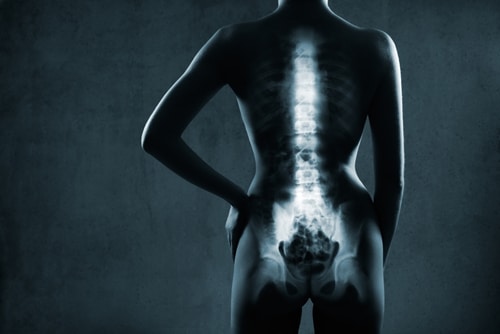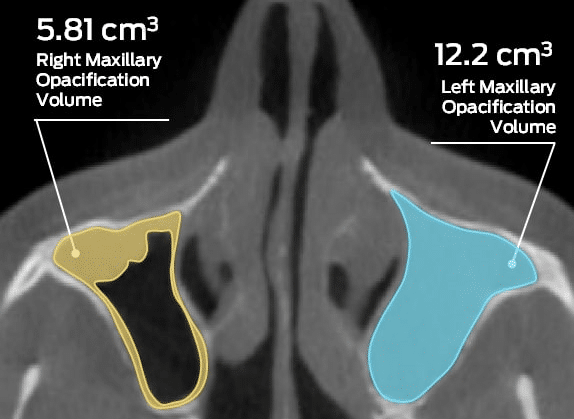For prolonged success in the medical device market, developers, manufacturers and regulatory professionals need to stay abreast of spine surgeons’ needs and preferences. In the face of an aging population and the demand for cost-effective solutions, spine surgeons hold the targeted insight necessary to determine which devices will find a warm welcome in the market.
Becker’s Spine recently asked a number of prominent surgeons the question “Which clinical innovations in spine excite you the most?,” and the wide range of answers showcased the rapid pace of change in the industry.
Christian G. Zimmerman, MD, MBA, of the SAHS Neuroscience Institute, reported that he considered trabecular metal and its potential for use in the spine as one of the most exciting prospects today. “For nearly a decade, this inert metal has enjoyed great success in the hip and knee areas with fusion rates being notably higher,” Dr. Zimmerman explained. “With the ease of use, coefficiency of friction and radiographic modalities available for evaluation, this product has now become one of my mainstays for cervical and lumbar fusion.”
Two surgeons, Neel Anand, MD, of the Cedars-Sinai Spine Center in Los Angeles, and Richard A. Kube II, MD, of the Prairie Spine & Pain Institute in Illinois, both saw the rise of minimally invasive spine surgeries as the most exciting prospect in their field. While Dr. Anand said he regretted the decline in innovation in this area as a result of shrinking reimbursements and increased regulations, Dr. Kube felt that the impact of minimally invasive procedures on patient recovery times and outcomes will result in continued improvement in this field.
The rise of minimally invasive procedures complements another current trend, which is the increasing popularity of off-site outpatient surgical centers. The reduced patient impact offered by minimally invasive procedures has allowed surgeons to now treat the majority of common spine procedures as outpatient cases and also drastically reduced the time needed to perform each procedure. This allows providers to see more patients per day, helping offset the financial challenges caused by shrinking reimbursements and increases in patient medical debt, without sacrificing quality of care.
It is crucial that device manufacturers and stakeholders pay attention to the innovations most coveted by surgeons, as significant long-term growth is expected in the spine market. Although leading players such as Johnson & Johnson and Stryker continue to have a major impact, there remains space for innovative smaller companies to enter the market and address specific pain points, according to a recent market report titled “Worldwide Spine Surgery Industry Report: Market Size Share Growth Drivers and 2017 Forecasts.”
Because the United States is faced with a unprecedented age demographic shift, demand for low-impact, minimally invasive spine procedures is expected to increase dramatically in the coming years, and knowing provider preferences and challenges can help ensure a positive reception in the marketplace.
Latest Industry News
[Press Release] Driving Excellence in Cardiovascular Trials: Medical Metrics, Inc and Healthcare Inroads, LLC Deepen Collaboration
Medical Metrics, Inc. Announces Involvement in ReOpen CRS Clinical Trials




